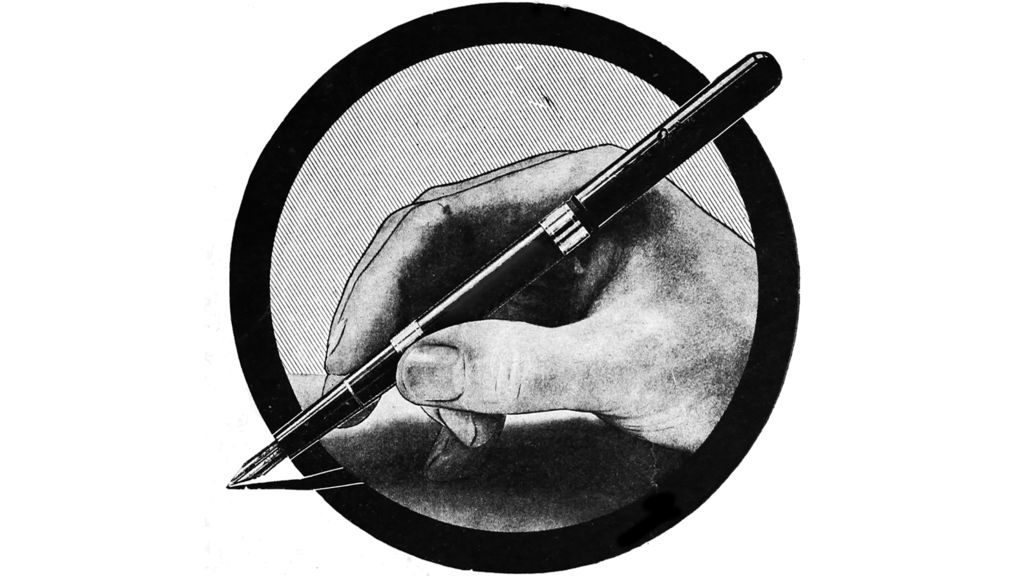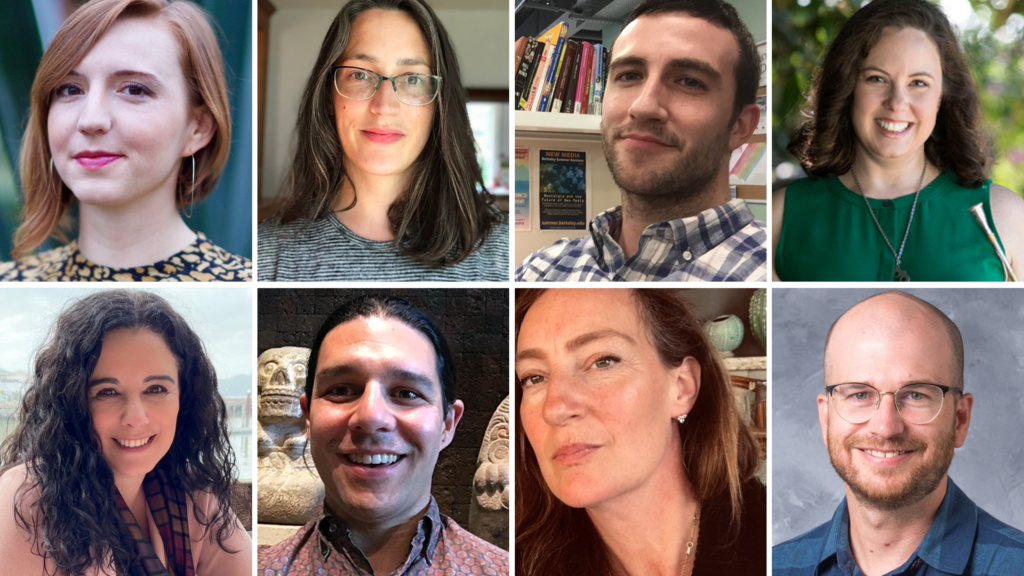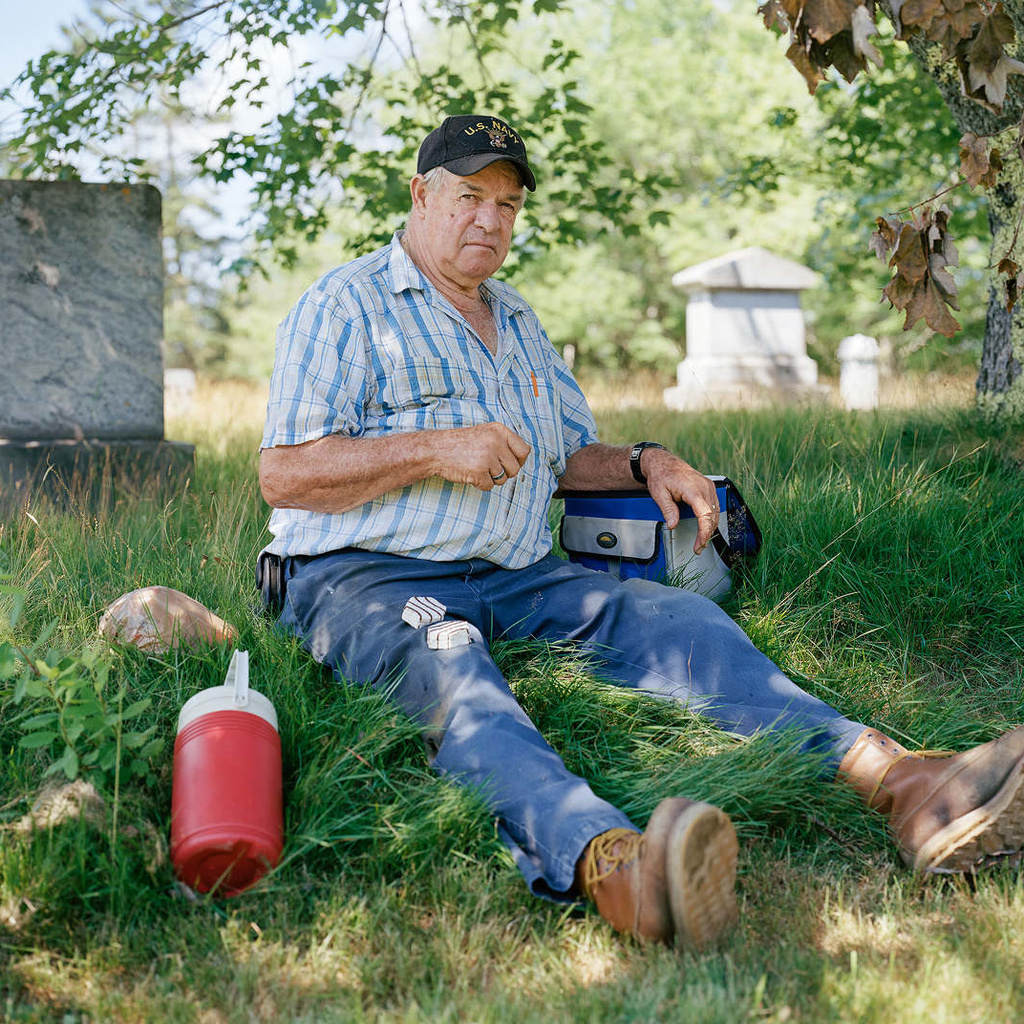
Spacer

Apply
Book Ends applications are due February 17, 2026 (5:00 p.m.). Click for eligibility and application procedures.
Books Ends supports University of Iowa faculty from disciplines in which publishing a monograph is required for tenure and promotion. The award is designed to assist UI faculty members with significant research responsibilities turn promising manuscripts into important, field-changing, published books.
Book Ends brings together a panel of senior scholars for a candid, constructive three-hour virtual workshop on a faculty member’s book manuscript. The award provides a $500 honorarium for two external senior, active scholars ($500 for each). We will also ask one University of Iowa senior faculty member to participate, as an opportunity to learn about and support the work of a colleague. The Director of the Obermann Center or a representative for the Center will work with successful applicants to select the outside reviewers and organize the workshop. Usually, the University of Iowa colleague will act a facilitator, using the guide we have developed for authors and readers. External reviewers will be asked to provide substantive written comments, and the Zoom workshop will be recorded for the author’s use during the revision process. Our goal is for each author to leave the workshop with concrete suggestions for revision, advice about appropriate presses, and a timeline that will lead to a revised manuscript ready for presses to review within six months.
We will host workshops for up to four UI faculty members each academic year. This project supports faculty members completing first books within a timeframe that aligns with deadlines for tenure review, associate professors on the verge of seeking promotion to full professor, and full professors with mature drafts of monographs.
From previous awardees:
"My Book Ends conference provided me with the feedback necessary to revise my manuscript and land a contract at University of California Press. So grateful for this program! There are so few opportunities for this kind of feedback in the pre-tenure book writing process." —Emerson Cram, Communication Studies & GWSS
"The workshop was tremendous. What an opportunity to have long-admired senior scholars and brilliant Iowa colleagues come together to discuss my work! The conversation was deeply rich, and I have a wealth of ideas about next steps. It was clear that everyone involved had participated in a similar workshop and knew well the genre. The comments were well pitched for next steps." —Brady G'Sell, Anthropology & GWSS
"I really liked how the facilitator started discussing my book as a whole and then moved on to each individual chapter for discussion. It was also very helpful to hear the positive and less positive aspects of the manuscript in a professional, constructive manner. I enjoyed the relaxed atmosphere created from the beginning of the workshop and the commitment the three reviewers showed to making my future book a great one!" —Ana Rodriguez-Rodriguez, Spanish & Portuguese

Awardees
Recipients of the Book Ends award.
In the News

